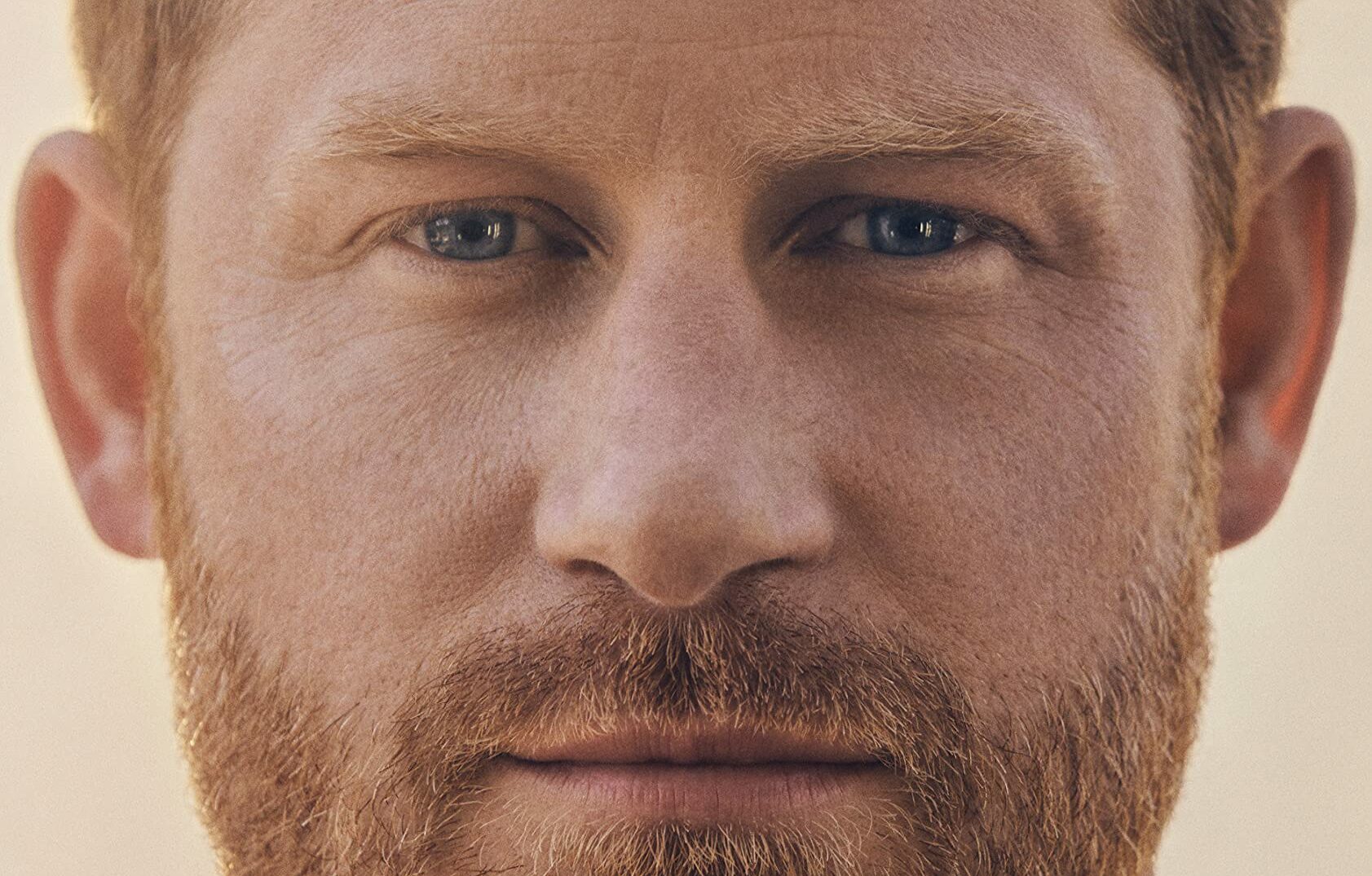
Prince Harry on being a ‘saviour sibling’
The idea of a “saviour sibling” was a popular theme in the media a while ago. The idea was that after a couple had a child with a genetic disease, like Fanconi’s anaemia, they could conceive a healthy child and use the second child’s bone marrow to save the first from the disease.
This was criticised on ethical grounds – a child was being brought into the world solely to be an instrument, a tool, for someone else’s desires. When they discovered that they were born as spare parts, so to speak, children might feel distressed.
And if an ethical expert in the news recently, Prince Harry, were consulted about “saviour siblings”, he would probably condemn the idea out of hand.
His tell-all ghost-written autobiography, Spare, says that he grew up with the knowledge that he might be asked to donate organs to his older brother, the heir to the throne.
“I was brought into the world in case something happened to Willy,” he said, claiming that his parents and grandparents even referred to him and his brother as the heir and the spare as a form of “shorthand”.
He described his life as a “mission to offer a source of distraction, entertainment and, in case of need, a spare part”, such as a kidney, blood transfusion or bone marrow.
He said that this idea of only being in the world in case something happened to William was made “abundantly clear” to him from an early age and was “regularly reinforced” throughout his life.
His father, King Charles III, reportedly told Harry’s mother, Princess Diana: “Wonderful! You have already given me an heir and a spare; I have done my job.”
Whether or not Prince Harry’s version of events is true, he obviously finds the notion of being a “saviour sibling” distressingly demeaning.
